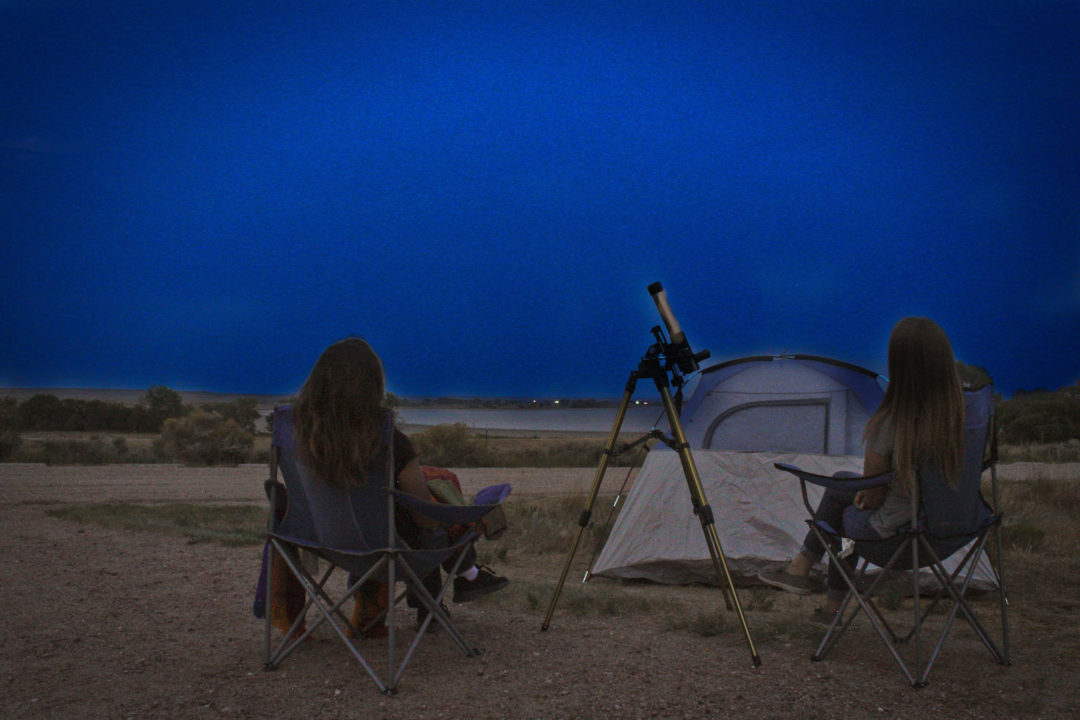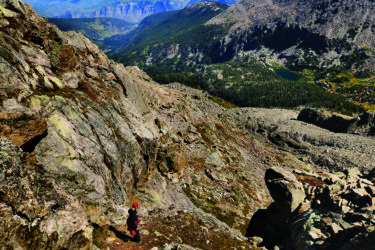The Local newsletter is your free, daily guide to life in Colorado. For locals, by locals.
Located about 80 miles northeast of Denver in Morgan County, Jackson Lake State Park has long been a destination for camping, boating, fishing, and other water sports. Now, it’s also considered one of Colorado’s premier stargazing destinations.
In late August, Jackson Lake became Colorado’s first state park to be certified as an International Dark Sky Park (IDSP). Appointed by the International Dark Sky Association, an IDSP is protected and preserved land that encounters extraordinary starry nights. Four additional parks (and seven total locations) throughout Colorado boast this distinction, including the Great Sand Dunes National Park and Preserve, Black Canyon of the Gunnison National Park, and others. But what exactly is a Dark Sky Park?

“It means that all lights inside the park are absolutely necessary for safety,” says Jackson Lake State Park Ranger Amy Brandenburg. “The lights are at a certain temperature, they are fully shielded and emit no blue light, as to not interfere with wildlife.”

Earning this distinction is no easy task. Bradenburg has been working on getting the park certified since 2018, including spearheading a 37-page application process. “It was a big group effort, and to have a lot of people working toward one common goal was a very humbling experience,” she says.
The honor could attract even more visitors to the park, Bradenburg says, as its luminous skies—the Milk Way is visible to the human eye without equipment—provide light for night activities.
Whatever your nature-gazing plans are, Jackson Lake has 5,295 acres of land and water for all your adventures—both in daytime and nighttime. The park offers 260 campsites, hiking trails, world-class water recreation, and a diverse wildlife population. You will need a State Parks Pass to enter, and reservations for camping must be made in advance and can be booked online.








